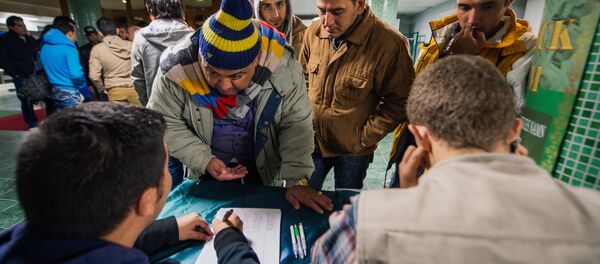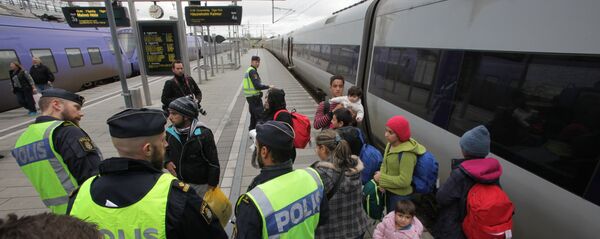"The most important result is that harassment is the most common form of tampering. Maybe it is violence that people are most afraid of, but the most common type of tampering is harassment," Johanna Skinnari, project manager at Brå, told Swedish Radio.
According to Skinnari, the surge depends on both the actual increase and a reduction of unrecorded cases, thanks to increased security measures and the fact that people are more inclined to speak out than they were ten years ago. The term "harassment" includes many forms of unsolicited influence, such as aggressive pressure and intimidation.
"It's about receiving unpleasant phone calls or being blamed for an adverse decision. Some threaten even to take their lives, provided that they do not get the decision they want," Skinnari explained.
"Many of our employees may find themselves under pressure with phrases like 'you are responsible for my life,' 'you must understand the nature of the decision,' 'I want it all at once,' 'I cannot wait' and the like. On the other hand, people who have decided to go home want to have their documents ready as soon as possible," Monica Karum Bergvall, security chief at the Migration Board, told Swedish Radio.
"According to what we see, it does not affect decision-making very much. Officials withstand this pressure. However, what happens is that they might feel the need to change their life, try to delete private data from the Internet and may in the long run even consider quitting or starting anew on a less vulnerable post," Johanna Skinnari explained.
Monica Karum Bergvall ensured that the decision-making process at the Migration Board remains unharmed, as harassment only endangers the work environment and puts extra stress on officials.






